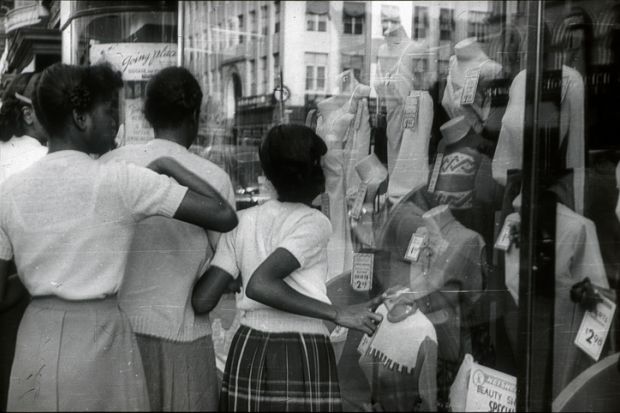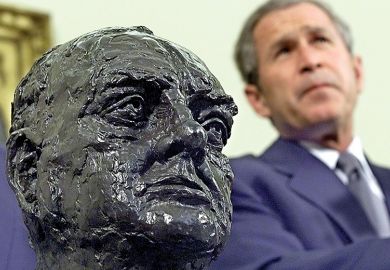Historians from ethnic minorities working in UK universities are three times more likely to report being victims of discrimination than the discipline’s workforce overall, according to a study that warns that the field’s intellectual dynamism risks being stifled by a lack of diversity.
Nearly one in three (29.8 per cent) black and ethnic minority historians who responded to a survey conducted by the Royal Historical Society said that they had directly experienced discrimination or abuse based on their race or ethnicity. In comparison, 9.5 per cent of all respondents to the survey, which attracted 737 responses, said that they had been victims of discrimination.
Ethnic minority historians indicated that colleagues and students were the most common perpetrators, blamed in 39.3 per cent and 20.5 per cent of cases respectively.
The report, published on 18 October, also highlights the underrepresentation of black and ethnic minority scholars in UK university history departments. Just 3.9 per cent of UK national academic historians are from black and ethnic minority backgrounds, compared with 9.5 per cent of the academic workforce overall. Some 96.1 per cent of historians are white, compared with 90.5 per cent of all academics.
These data, based on Equality Challenge Unit figures, suggest that there are just a handful of historians with UK nationality from black backgrounds: of 2,275 academics working in the discipline, just 0.3 per cent are black.
The survey results suggest that there are significant barriers to diversifying UK history departments. Ethnic minority historians were more likely to perceive barriers to career progression than their white colleagues (40 per cent to 35.6 per cent), and were also more likely to report being impacted by the unconscious biases of others (43.9 per cent to 22.6 per cent).
Fewer than one in five respondents (17.4 per cent) said that departmental recruitment processes took race and ethnicity into account, and only one in 10 (10.7 per cent) reported moves towards anonymous shortlisting of applicants.
This picture is backed up by qualitative responses: as well as reporting racial discrimination – for example, one academic recounted how a student told them “they did not want someone foreign (and from Africa) telling them about their own national history” – ethnic minority scholars said that they were victims of stereotyping and that their opportunities were limited by an expectation that they would largely study their “own communities”.
A lack of role models and supervisor options also emerged as a problem: one white historian remarked that “the odds are stacked against [early career researchers] enough already, but for [black and ethnic minority] students it must add terrifically to the sense that this isn’t for you, if everyone above you is white, male and middle-aged”. One black PhD student said that it would be a major encouragement “simply to be taken seriously and not treated as a novelty or outlier”.
The report concludes that a failure to diversify UK history departments could have serious consequences for the discipline, not least because it may compound the difficulty of trying to attract more ethnic minority students and researchers to the discipline. At undergraduate, postgraduate taught and postgraduate research levels, about 90 per cent of new students are white, compared with about 80 per cent of recruits in all disciplines.
“The intellectual dynamism of history as a practice feeds on a substrate enriched by multiple, often disputing voices,” the report says. “In this context, developing effective policies of diversity and inclusion constitutes an essential, integral component of our wider pursuit of excellence and innovation in the discipline.”
Margot Finn, the RHS president, said that the report made “sobering reading”.
“Bias and discrimination based on perceived racial and ethnic differences are far more prevalent in UK university programmes than many historians have acknowledged,” said Professor Finn, chair in modern British history at UCL. “Effecting change will demand that the historical profession confronts persistent inequalities in our habits and practices.”
Jonathan Saha, co-chair of the RHS working group on race, ethnicity and equality, described the survey responses as “frankly alarming”.
“The report is a clarion call that should galvanise university historians to take action to help reform their departments, universities, and the discipline as a whole,” said Dr Saha, associate professor of Southeast Asian history at the University of Leeds.
Register to continue
Why register?
- Registration is free and only takes a moment
- Once registered, you can read 3 articles a month
- Sign up for our newsletter
Subscribe
Or subscribe for unlimited access to:
- Unlimited access to news, views, insights & reviews
- Digital editions
- Digital access to THE’s university and college rankings analysis
Already registered or a current subscriber? Login








